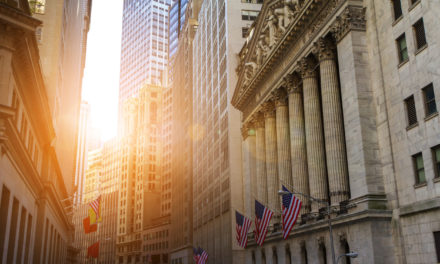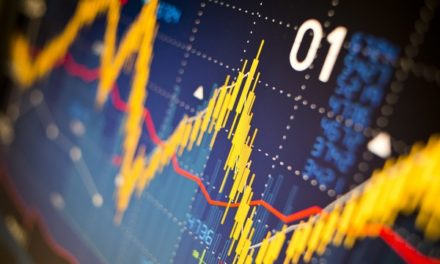
“Someone’s sitting in the shade today because someone planted a tree a long time ago.”
— Warren Buffett
The Warren Buffett investment philosophy calls for a long-term investment horizon, where a two-decade holding period, or even longer, would fit right into the strategy. How would such a strategy have worked out for an investment into Autodesk Inc (NASD: ADSK)? Today, we examine the outcome of a two-decade investment into the stock back in 2002.
| Start date: | 02/22/2002 |
|
|||
| End date: | 02/18/2022 | ||||
| Start price/share: | $10.33 | ||||
| End price/share: | $216.84 | ||||
| Starting shares: | 968.05 | ||||
| Ending shares: | 985.71 | ||||
| Dividends reinvested/share: | $0.20 | ||||
| Total return: | 2,037.42% | ||||
| Average annual return: | 16.54% | ||||
| Starting investment: | $10,000.00 | ||||
| Ending investment: | $213,639.92 | ||||
The above analysis shows the two-decade investment result worked out exceptionally well, with an annualized rate of return of 16.54%. This would have turned a $10K investment made 20 years ago into $213,639.92 today (as of 02/18/2022). On a total return basis, that’s a result of 2,037.42% (something to think about: how might ADSK shares perform over the next 20 years?). [These numbers were computed with the Dividend Channel DRIP Returns Calculator.]
Notice that Autodesk Inc paid investors a total of $0.20/share in dividends over the 20 holding period, marking a second component of the total return beyond share price change alone. Much like watering a tree, reinvesting dividends can help an investment to grow over time — for the above calculations we assume dividend reinvestment (and for this exercise the closing price on ex-date is used for the reinvestment of a given dividend).
Based upon the most recent annualized dividend rate of .015/share, we calculate that ADSK has a current yield of approximately 0.00%. Another interesting datapoint we can examine is ‘yield on cost’ — in other words, we can express the current annualized dividend of .015 against the original $10.33/share purchase price. This works out to a yield on cost of 0.00%.
More investment wisdom to ponder:
“How many millionaires do you know who have become wealthy by investing in savings accounts? I rest my case.” — Robert Allen



